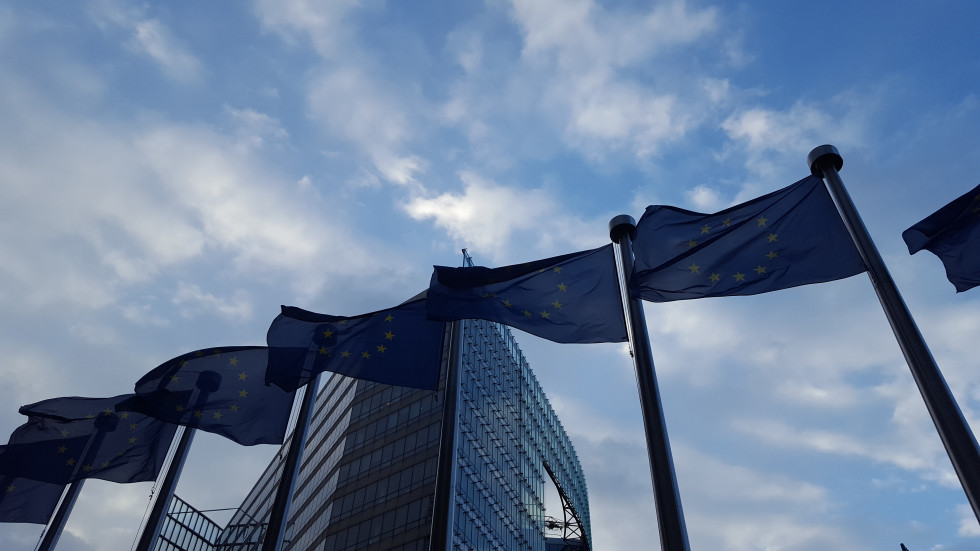European Union Ministers for Finance and Economy Discussed the Fiscal Policy Response to the COVID-19 Crisis
Economic and finance ministers have, in the context of the discussion on the economic recovery, exchanged their views on fiscal policy response and the state of play of the implementation of the Recovery and Resilience Facility. The European Commission presented its Communication to the Council “One year since the outbreak of COVID-19: Fiscal policy response”. The Commission's view is that fiscal policy needs to remain supportive in 2021 and 2022. The current forecasts also foresee the continued activation of the Stability and Growth Pact's general escape clause in 2022 and its deactivation in 2023. However, the European Commission's spring economic forecast will have to be released before final decisions.
“Fiscal policy should maintain a supportive stance in 2022 as well. Despite the start of the vaccination which implies improvements, uncertainties remain high. In this context, it is important that the Member States work together and that a level playing field is ensured for all states. We are all in a difficult situation, and this requires exceptional circumstances and support. Of course, this does not mean that we forgot about medium- and long-term fiscal sustainability,” said Minister Šircelj.
Ministers had a lengthy discussion on the state of play and way forward on the taxation of the digital economy. In this respect, the European Union expects a consensus-based, global agreement at the OECD level in the middle of this year.
As regards the need for additional revenues following the COVID-19 pandemic, it is expected that the Commission will present a proposal for a digital levy in the first half of 2021 as a new own resource for the EU budget.
On Monday, 15 March, Minister Šircelj attended the video conference of the Eurogroup.
Ministers discussed the fact that the COVID-19 pandemic had affected different sectors of the economy unevenly. Tourism, hospitality, and entertainment are certainly among more affected, and their recovery is expected to last longer. In the future, policies will support structural changes, including retraining of employees, which will be, to a large extent, linked to digitalisation. Key challenge for the Member States in the future will be phasing out emergency measures and introducing measures to support the recovery.


